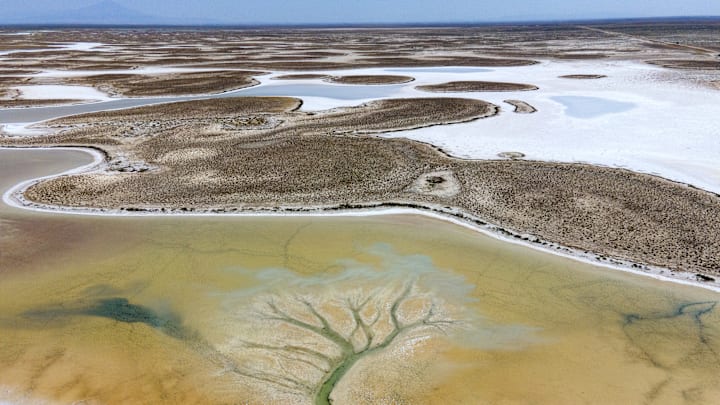The Importance of Biodiversity: A Delicate Balance
By Maya Casspi

Biodiversity, the variety of life on Earth, is a fundamental aspect of the natural world. It encompasses the diversity of species, ecosystems, and genetic variations within species. This rich tapestry of life forms the foundation of ecosystem stability and resilience, providing numerous benefits to humans and the planet. Understanding the importance of biodiversity and the delicate balance it maintains is crucial for preserving the health of our environment.
Biodiversity supports ecosystem function and productivity, ensuring the sustainability of natural resources. Diverse ecosystems, such as forests, wetlands, and coral reefs, provide essential services like clean air and water, soil fertility, and climate regulation. These ecosystems also support a wide range of species, each playing a specific role in maintaining ecological balance. For example, pollinators like bees and butterflies are vital for plant reproduction, while predators help control the population of herbivores, preventing overgrazing and promoting vegetation growth.
Human societies rely heavily on biodiversity for their well-being and economic development. Biodiverse ecosystems supply food, medicine, and raw materials, contributing to livelihoods and cultural practices. Traditional medicines, which rely on plant and animal products, are still widely used around the world. Additionally, modern pharmaceuticals often derive from compounds found in nature, highlighting the potential for undiscovered medicinal resources within diverse ecosystems. Biodiversity also supports agriculture through pollination, pest control, and soil health, enhancing crop yields and food security.
The cultural and aesthetic value of biodiversity cannot be overstated. Natural landscapes and wildlife have inspired art, literature, and spiritual beliefs across cultures and throughout history. Biodiverse environments offer recreational opportunities, such as hiking, birdwatching, and ecotourism, which foster a connection to nature and promote mental and physical well-being. Protecting biodiversity ensures that future generations can continue to enjoy and be inspired by the natural world.
Despite its importance, biodiversity is under threat from human activities. Habitat destruction, pollution, climate change, overexploitation, and invasive species are causing unprecedented rates of species extinction and ecosystem degradation. Deforestation for agriculture and urban development fragments habitats, reducing the space available for wildlife and disrupting ecological processes. Pollution from industrial activities, agricultural runoff, and plastic waste contaminates ecosystems, harming plants, animals, and humans. Climate change, driven by greenhouse gas emissions, alters temperature and precipitation patterns, affecting species distribution and ecosystem function.
Efforts to conserve biodiversity must address these threats through comprehensive and integrated approaches. Protecting and restoring habitats, establishing protected areas, and promoting sustainable land and resource use are essential strategies. Conservation initiatives should involve local communities, recognizing their knowledge and dependence on biodiversity. International cooperation and policies, such as the Convention on Biological Diversity, play a crucial role in coordinating global efforts to safeguard biodiversity.
In addition to direct conservation actions, addressing the underlying drivers of biodiversity loss is critical. Reducing carbon emissions, minimizing waste, and promoting sustainable consumption and production patterns are necessary steps. Education and awareness campaigns can foster a deeper appreciation of biodiversity and encourage individuals and organizations to take action.
The COVID-19 pandemic has underscored the interconnectedness of human health and biodiversity. Zoonotic diseases, which transfer from animals to humans, are more likely to emerge in areas where natural habitats are disturbed and biodiversity is reduced. Protecting biodiversity and maintaining healthy ecosystems can help prevent the spread of infectious diseases and ensure a more resilient and sustainable future.
In conclusion, biodiversity is a vital component of the natural world, underpinning ecosystem health, human well-being, and cultural heritage. The delicate balance of life on Earth is maintained through the intricate relationships between species and their environments. Protecting and conserving biodiversity is essential for ensuring the sustainability of natural resources, the resilience of ecosystems, and the continued inspiration and benefits that nature provides. As stewards of the planet, it is our responsibility to preserve this rich tapestry of life for future generations.